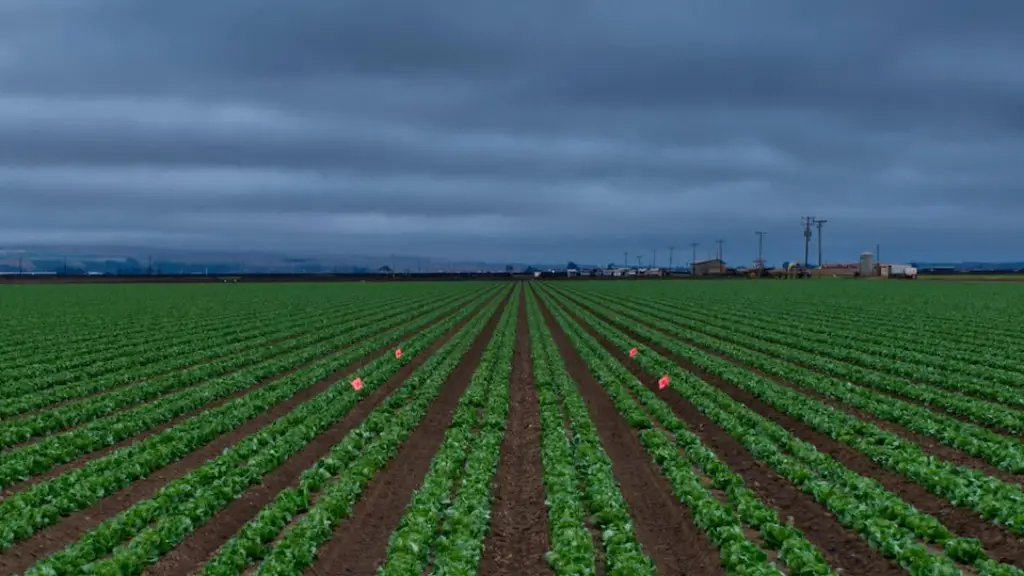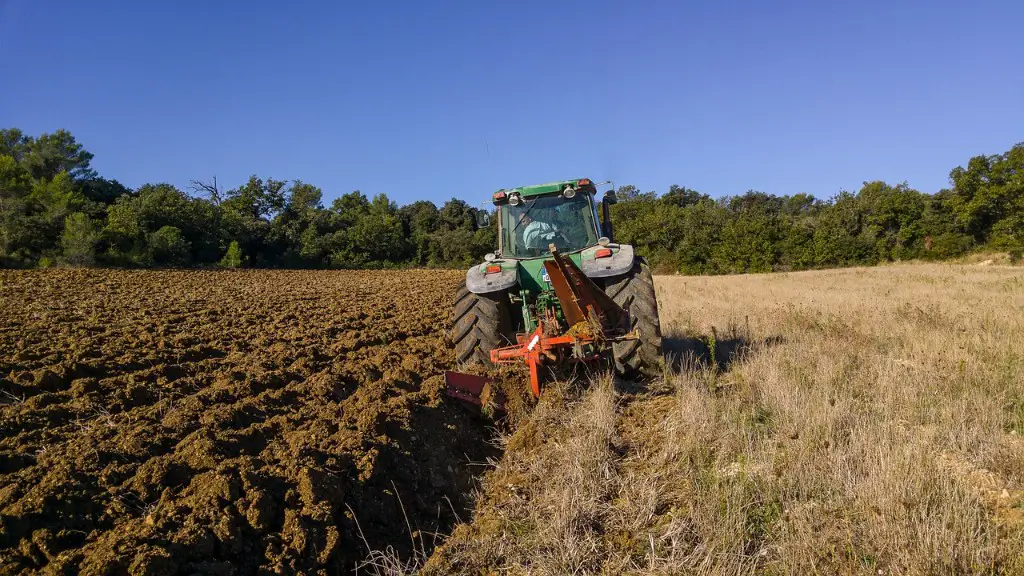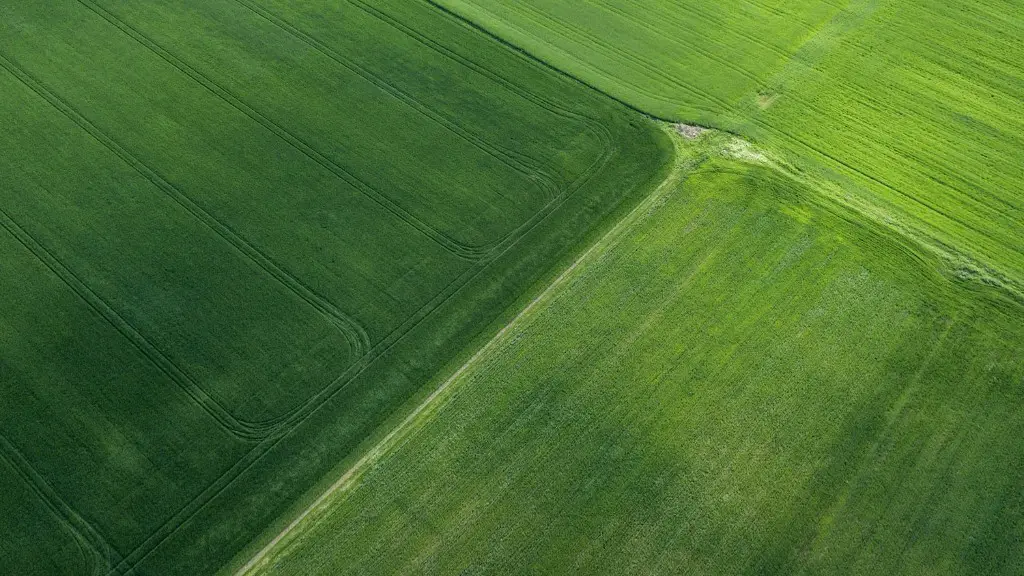The development of agriculture had a huge impact on prehistoric humans. This allowed them to take control of their lives and their environment, rather than relying on nature to provide food and shelter. It gave them the ability to grow their own food and store it, allowing them to provide for future generations, even in times of famine. Agriculture also allowed them to settle down in permanent villages and begin to form communities. These early societies had to learn to cooperate and share resources, leading to the development of early rules and laws. Agriculture also provided prehistoric humans with more time to focus on other pursuits.
Improved Nutrition
The introduction of agriculture introduced a wider variety of food to prehistoric humans, with many more options than their more traditional hunter-gatherer lifestyle. Domesticated grains like wheat and barley provided essential carbohydrates and fiber, and other domesticated plants and animals introduced vitamins, minerals, and proteins to their diet. This allowed prehistoric humans to receive a more balanced and nutritious diet than before, and improved their quality of life.
Trade
The development of agriculture also led to a rise in trade. Prehistoric humans were able to specialize in growing certain crops or raising certain animals, and to trade these goods with others. This gave them access to goods and services they would otherwise not have, allowing them to barter for food, tools, and other necessities. Trade was a critical development in the emergence of complex societies.
Material Wealth
Agriculture also allowed early societies to become much more prosperous. With a reliable and plentiful food supply from agriculture, prehistoric humans were able to save and accumulate wealth. This increased their material wealth and allowed them to construct larger, more comfortable dwellings, as well as temples and other collective buildings.
Cultural Advancement
Having a reliable source of food also allowed prehistoric humans to spend more time on activities other than gathering and hunting, leading to advances in culture and technology. This, in turn, led to the emergence of more complex societies, with social hierarchies, laws, and spoke languages. The spread of these innovations had a lasting effect on human society.
Conflicts
The increased food supply from agriculture also had its drawbacks. As populations grew, so did jealousy and competition over resources. This led to an increase in conflict between rival groups, as they tried to secure scarce resources for themselves. This marked the beginning of both war and slavery, two issues which have plagued humanity ever since.
Spiritual Development
Finally, the certainty of a reliable food supply, and the rise in material wealth, allowed prehistoric humans to pursue spiritual activities. This led to the development of religious beliefs, which, in turn, fostered spiritual practices and rituals. This created a richer and more meaningful life for prehistoric humans.
Economic Advancement
The introduction of agriculture led to an increase in economic specialization, allowing certain individuals or societies to specialize in particular goods or services. This specialization led to an increase in economic productivity, a phenomenon which is still seen today. As productivity increased, so did average incomes, allowing people to enjoy a better standard of living.
Increased Mobility
Agriculture allowed prehistoric humans to become more mobile. This was essential for trade, migrating to better sources of food, or escaping hostile groups. This increased mobility allowed prehistoric humans to explore more distant areas, providing them with access to new resources and technology, furthering their progress.
Agriculture as a Catalyst
Ultimately, the development of agriculture played a critical role in the advancement of prehistoric humans. It provided them with a dependable food source, allowed them to become more mobile and trade with other societies, and freed up time to pursue spiritual and artistic endeavors. These advances were essential in allowing the emergence of more complex societies and cultures, and paved the way for the birth of civilization.
Increased Longevity and Health
The introduction of agriculture also had a positive effect on the health and longevity of early humans. The increase in nutrition and variety in the diet, as well as the reduction of poverty, meant that prehistoric humans were better able to protect themselves from disease and injury. This led to an overall increase in average life expectancy, from around 30-35 years to around 40-50 years.
Division of Labor
The development of agriculture also allowed for the division of labor, with some individuals specializing in specific tasks. This allowed for economies of scale, and more efficient production of goods and services, resulting in an increase in overall standard of living. It also had an impact on social organization, as it allowed for a more specialized system of governance and a more organized society.
The Emergence of Surplus
Agriculture also allowed early humans to produce a surplus of food. This enabled them to store food for times of need, and to trade food with others. This was the beginning of capitalism, as prehistoric humans were able to produce and store goods, using these as a form of currency. This also enabled them to purchase things they otherwise would not have had access to.
Increased Population
The development of agriculture also allowed for an increase in population. As a reliable food source became available, humans were better able to protect themselves against famine and disease, leading to longer life expectancies and higher birth rates. This led to an increase in population size, which, in turn, had a huge impact on the development of society.



